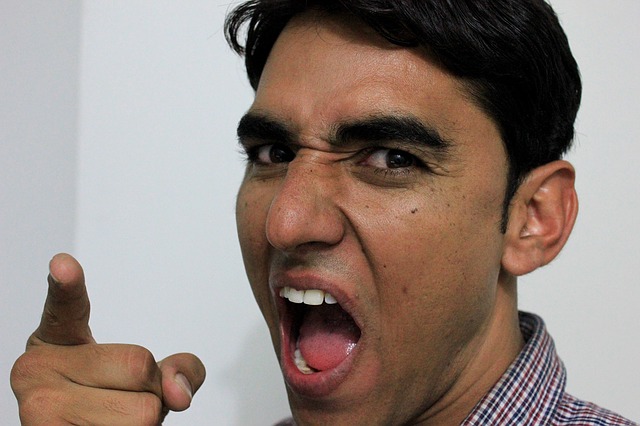In the tobacco harm reduction debate, civility has gone up in smoke, according to a vaping advocate writing at filtermag.org.
‘In the pursuit of reducing the harms caused by cigarettes, those of us who advocate for vaping as a public-health harm reduction tool are constantly battling with bullying and harassment, “justified” by moral outrage,’ said Dr. Carrie Wade, who is a senior fellow and the harm reduction policy director for the R Street Institute.
Wade said that during her first foray into this arena, at the US E-Cig summit in 2017, she was surprised at the level of vitriol she witnessed, at the jeering and boos as different opinions, approaches and research were presented.
Since then she had experienced such attacks, with the most recent on January 15 when she and her fellow panelists were invited by a state tax board to present on tobacco harm reduction and epidemiology, only to be openly mocked when answering questions from board members.
But Wade admitted that there were bad actors on both sides. ‘Those who advocate for, or produce and sell e-cigarettes or e-liquids, are also too often guilty of incivility,’ she said…
‘Accounts of harm reduction advocates behaving badly are often shared, and there is vitriol on both sides — just look at any Twitter debate around the issue (and yes, I’m ashamed to admit that I’ve taken the bait a couple times myself). It’s easy for those of us on either side of the debate to imagine that the unprofessionalism is one-sided, but that is not the case.’
Wade pointed out that the major charity Cancer Research UK (CRUK) had recently adopted strict anti-bullying and harassment policies – though these had not been born out of a need to protect those who espoused tobacco harm reduction.
‘Anti-bullying and harassment policies should perhaps become much more widespread,’ she said. ‘After all, progress rarely happens without some degree of conflict, but I would argue that it never happens without a willingness to remain civil, to find common ground and compromises. The US surgeon general has correctly pointed this out, stating that personal attacks make future discussion or collaboration unlikely.’











